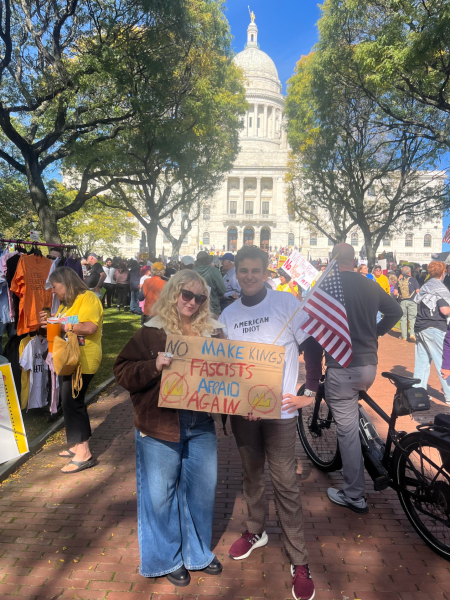RWU law school announces new dean
The RWU Board of Trustees and the Law Board of Directors have selected Gregory Bowman to become the sixth dean of RWU Law.
“I am really excited and honored to be joining the RWU community,” Bowman said in a press release from the school of law. He will start on July 1.
Current Dean Michael Yelnosky will return to being a full-time professor at the law school for the end of his six-year tenure. Yelnosky was known as a leader in legal education, dedicating 27 years to the law university as a faculty member and dean.
Yelnosky’s accomplishments have not gone unnoticed in the community, as he helped develop new academic programming. He opened a learning campus in Providence and also reduced and froze tuition. Now, RWU Law is known for being the “most affordable, private, ABA-accredited law school in the Northeast,” according to an RWU news archive.
William Smith, chairman of the RWU Law School Board, expressed his excitement about adding Bowman to the team.
“Dean Bowman brings broad experience as a successful law school dean at West Virginia University… as well as a solid reputation as a national leader in legal education that will serve us well as we enter our next 25 years. I have no doubt that Dean Bowman will be a terrific asset to the law school, the university and to the entire Rhode Island legal community,” Smith said in the press release.
Tracy Sartrys, executive assistant to the current dean, joined in on the excitement.
“[Bowman] shares the same passion that we have at RWU Law. Helping our students to succeed in law school and become the lawyers and leaders of tomorrow,” Sartrys said.
Despite the excitement, there are still obstacles to face moving forward. Other than continuing to build on RWU Law’s commitment to diversity and inclusion, the COVID-19 pandemic poses distinct challenges.
“If the pandemic continues, we may need to offer courses online again in the fall,” Sartrys said.
She said the biggest challenge ahead will be to overcome the financial burden brought on by COVID-19 and to continue to communicate and provide comfort to the students, faculty and staff.





